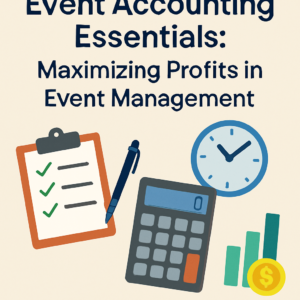There are 5 sections on a standard credit report, but 3 of them matter most when it comes to credit fraud:
1. Personal Information:
This section of a credit report lists basic personal information, like this:
Name: Love Selflessly
Social Security number: xxx-xx-5678
Birth Date: 11-23-1956
Address: 123 Be Kind Dr., Everywhere, USA
Phone Number: (123) 456-7890
There’s only one problem here: that’s not Love’s address. This could be a simple mistake, or it could be theft. Luckily, Love can file a dispute with the reporting credit bureau. Because this information is gathered from multiple sources—like the bank or utilities—it can have typos or mistakes which may lead to fragmented credit history. This rarely has a negative impact on the credit score, but sometimes it can be an early indicator of identity theft.
2. Account Information:
A credit report contains information useful to impostors and investigators alike, but the account information section is where identity theft can start to become obvious.
Here is where one can see all the dates Love’s accounts were opened or closed, her payment history, credit use, account balances, and the status of any loan payments. Love’s account information looks to be in good order with one exception: one of these accounts was recently opened and is listed as, “In Collections.” RED FLAG!!
3. Hard & Soft Inquiries:
This is often the most important section of a credit report.
Hard and soft inquiries are generated whenever an authorized person or institution requests someone’s credit report.
Soft inquiries are those NOT generated by a prospective lender. This includes when you pull your own credit report, credit checks made by banks, or credit card companies offering you goods or services (besides a line of credit).
Most importantly, soft inquiries don’t impact your credit rating. Hard inquiries, though, are a different story altogether. Hard inquiries are made by a potential lender for the purpose of reviewing your history. This is usually because you’ve applied for a new line of credit, auto loan, or mortgage. Hard inquiries can negatively affect your credit scores, but that’s not the only reason to watch this section closely. An unexpected hard inquiry is a sign someone may have applied for a line of credit in your name.
Many people underestimate the importance of reading their own credit report. But sometimes, tracking your credit is about protecting your identity, your investments, and your future. Need to evaluate your credit and personal finances? Book a call with us!









